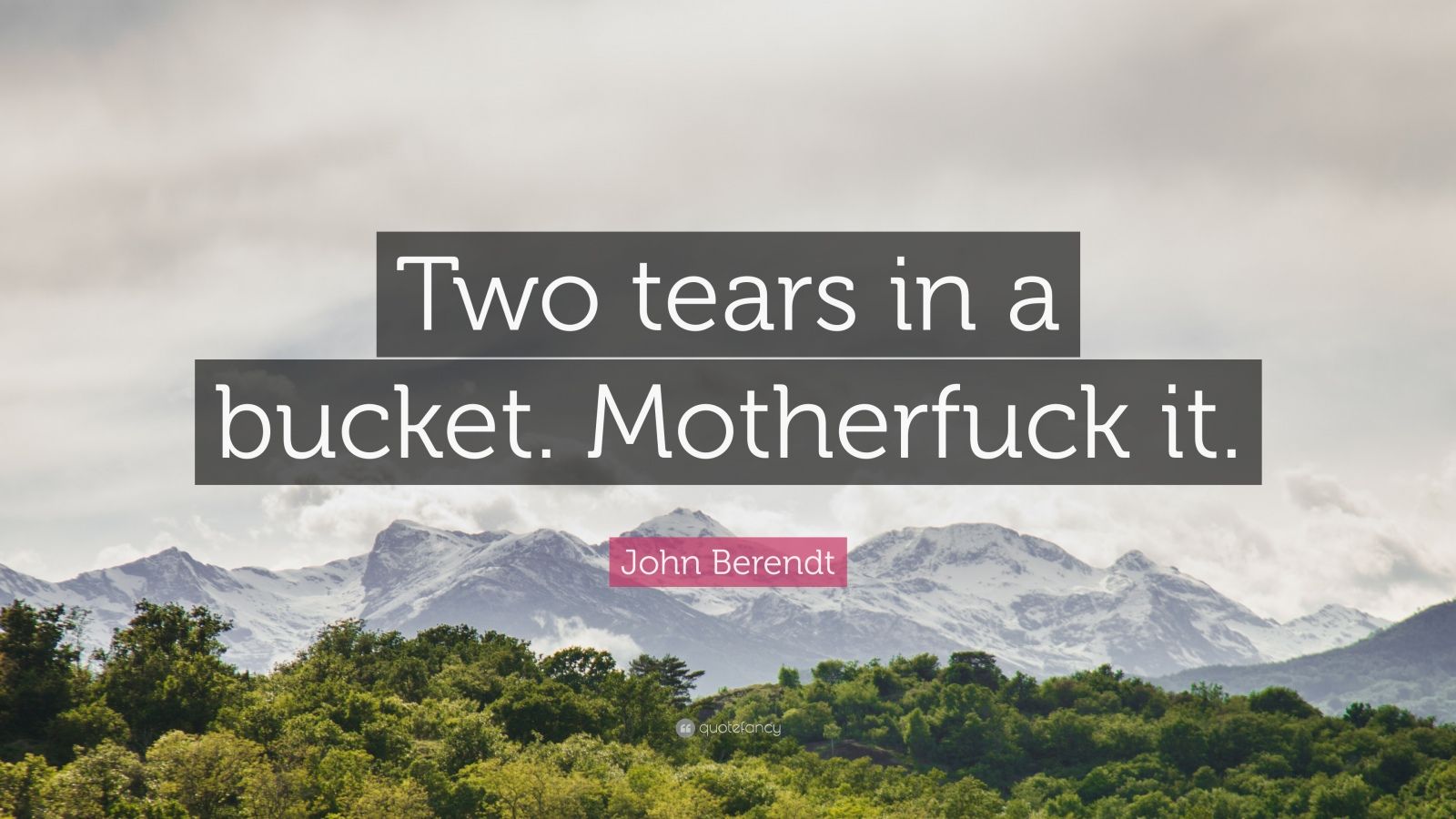

First, he arrived in the city just three days after the Fenice Theatre was burnt to the ground in 1996, giving rise to an interminable, unsavoury saga of revelation and recrimination. His business is to dig out the dirt - to expose the myriad corruptions, feuds, deceits, ambitions and dynastic resentments which, now as always, fester behind the facades of the Serenissima.īerendt is, as the book's blurb tells us, a master at "seeking out scandal, corruption and venality", and when he came to apply his gifts to Venice he was twice lucky in his timing. He rarely mentions the inside of a church or a street scene, let alone a lagoon sunset. He is not much concerned with the architecture or history of the city. It is the record, often presented conversationally in direct reported speech, of a long stay during which Berendt evolved his own specialised responses to Venetian life. The City of Falling Angels, is not, to my mind, very likable. That doesn't mean to say that I have to like Berendt's exploration of the city, successor to Midnight in the Garden of Good and Evil, his celebrated debut about Savannah, Georgia.

Half a century divides them, and they approach the subject by totally different routes. Believe me, the two books are in no way competitive. Since it is a book about Venice, and since I wrote one myself many years ago, I feel bound to declare a disinterest - not an un-interest, but a disinterest - lest I be accused of sour grapes in reviewing it.


 0 kommentar(er)
0 kommentar(er)
